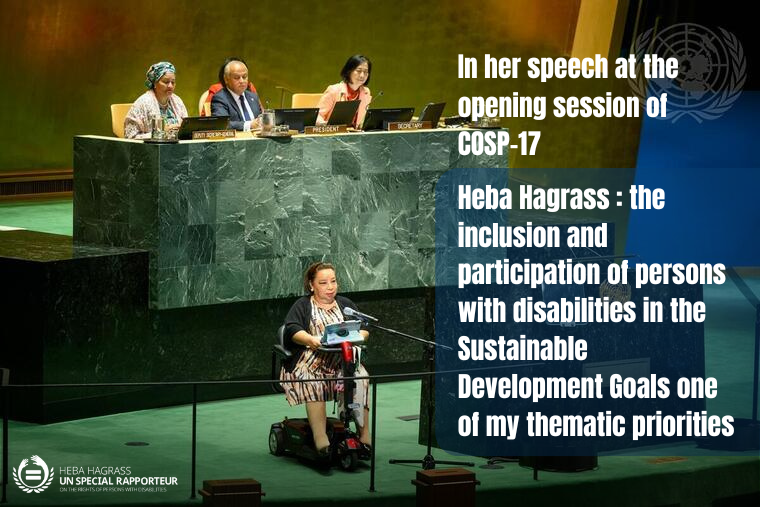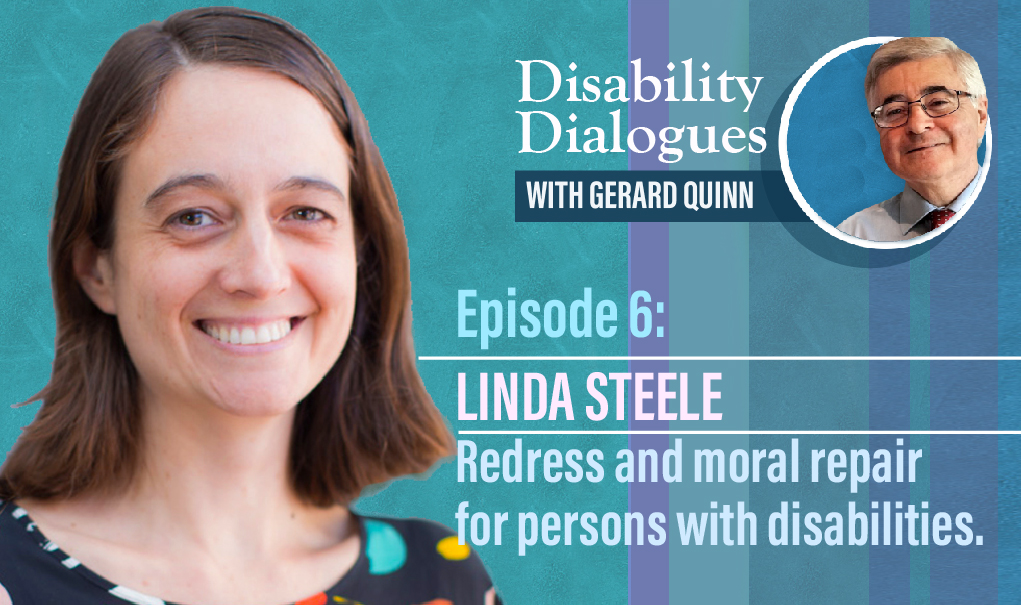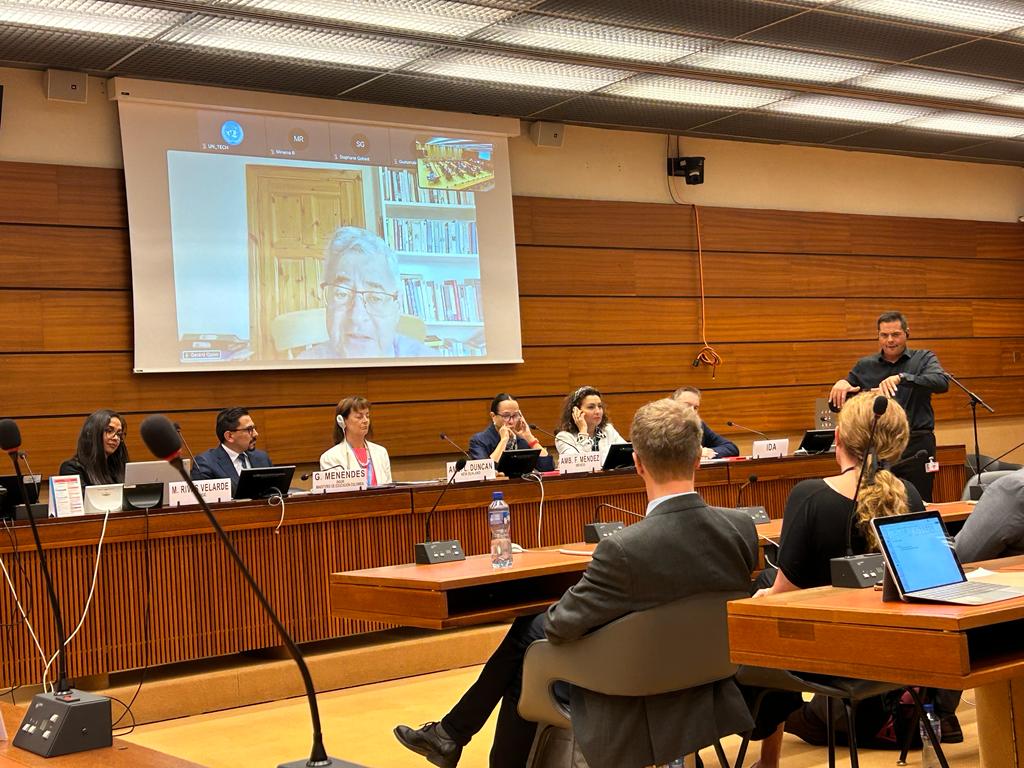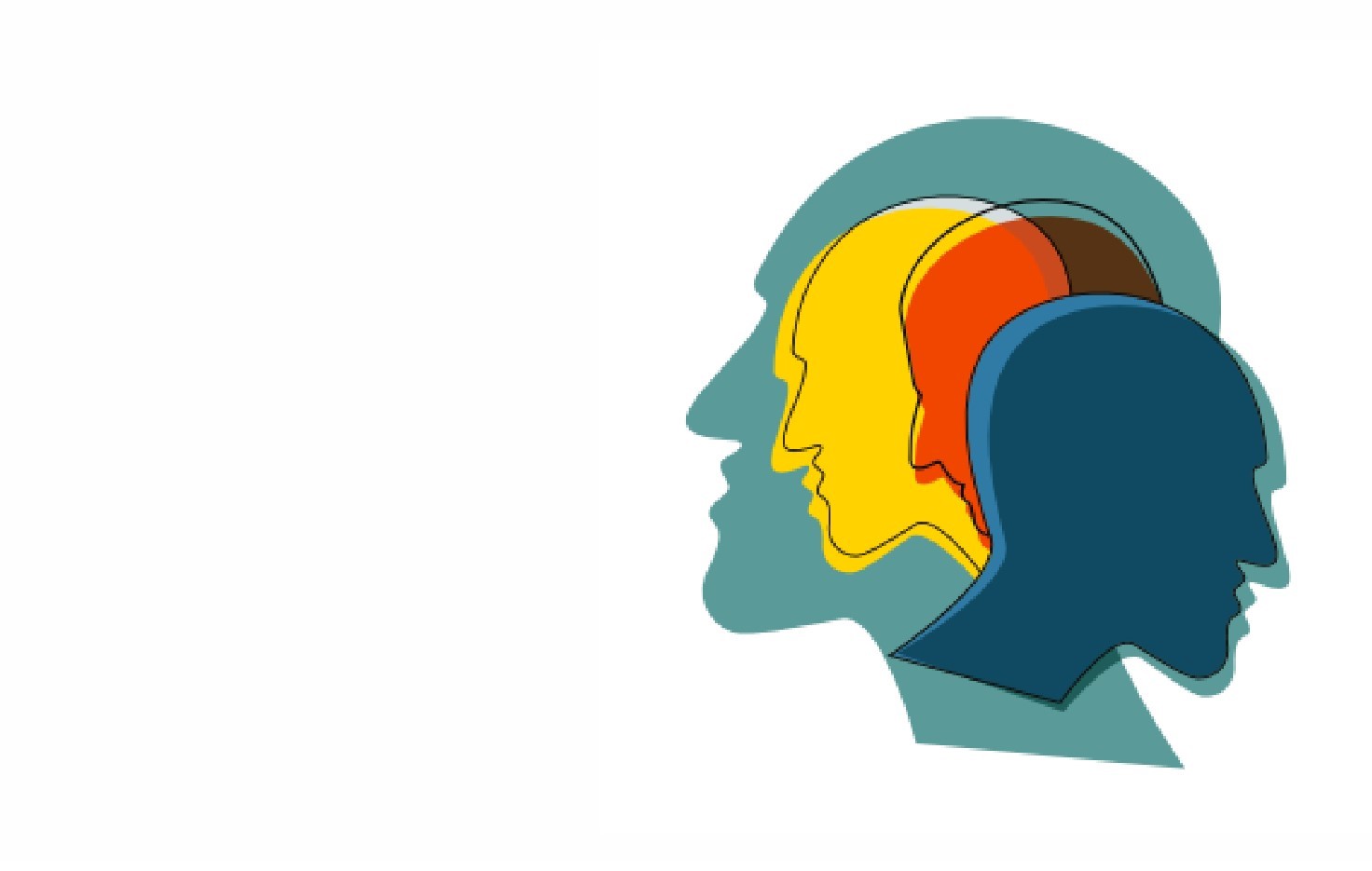In his opening remarks at this year’s CoSP, Gerard Quinn explained the role that people with disabilities are called to play in this most challenging times of humanity.
Looking back, when drafting first commenced on the proposed treaty on the rights of persons with disabilities, many States were at a loss as to what the human rights framing of disability looked like. At the end of the drafting process, they competed among each other to provide ever better framings of human rights and disability! It was exceptionally gratifying to witness this.
Looking forward, the COVID-19 pandemic, climate change and conflicts, have all conspired since then, to seriously challenge where we thought we had arrived.
These grand challenges are periodic and, in a sense, inevitable. We will have more. What they really reveal is that the invisibility of persons with disabilities we thought we had rolled back with the Convention on the Rights of Persons with Disabilities is still there. While the general narrative in disability has inched forward, it can lurch backwards especially when States are faced with unprecedented challenges.
We all imagined a new era of co-production of policy as a result of the Convention. But initial policy reactions to COVID studiously avoided active consultation. As a result, many mistakes were made. Continued institutionalisation heightened the risks faced by persons with disabilities many times over. And our support systems simply evaporated - leaving a major challenge in building back better and more reliable support systems.
We had all imagined that wars would be a thing of the past since the UN Charter is so crystal clear on this. Yet here we are, with more than 20 active wars happening, in every corner of the world. They are happening in places and urban centres with large populations of persons with disabilities. Funny enough, we thought the disability treaty would have an automatic ripple effect informing and broadening understandings under previous treaties like the Fourth Geneva Convention on the protection of civilians during conflicts. No - we have learned this takes conscious effort in our part. This is a visibility project - making persons with disabilities visible during conflicts and making international humanitarian law norms sensitive to their particular protection and more general rights and needs. This process began recently but needs to be accelerated.
And the invisibility should not end with these norms - it needs to carry over into mechanisms to ensure clear accountability under both international criminal law and other mechanisms. Further, the constructive role of persons with disabilities as natural champions of building more inclusive and sustainable communities has been considerably untapped. We need greater room and visibility in UN and other peacebuilding frameworks for persons with disabilities.
Climate change will be felt by all - no one will escape. But persons with disabilities come to it with accumulated disadvantages and ongoing invisibility. If we want a human rights -based response to climate change, this has to change. I am glad to report the new UN Special Rapporteur on climate change and human rights is alive to this need.
Ending invisibility of persons with disabilities is a core part of my mission. The deep logic of the Convention requires that ableism be uprooted.
Watch Gerard’s remarks at the opening session of the 15th Conference of the States Parties to the CRPD:






